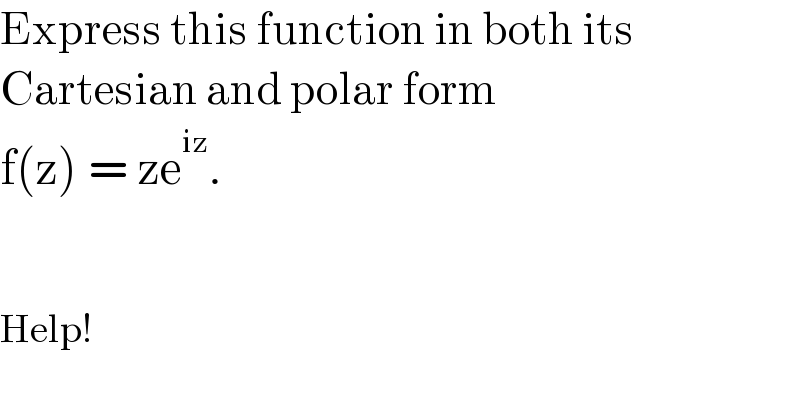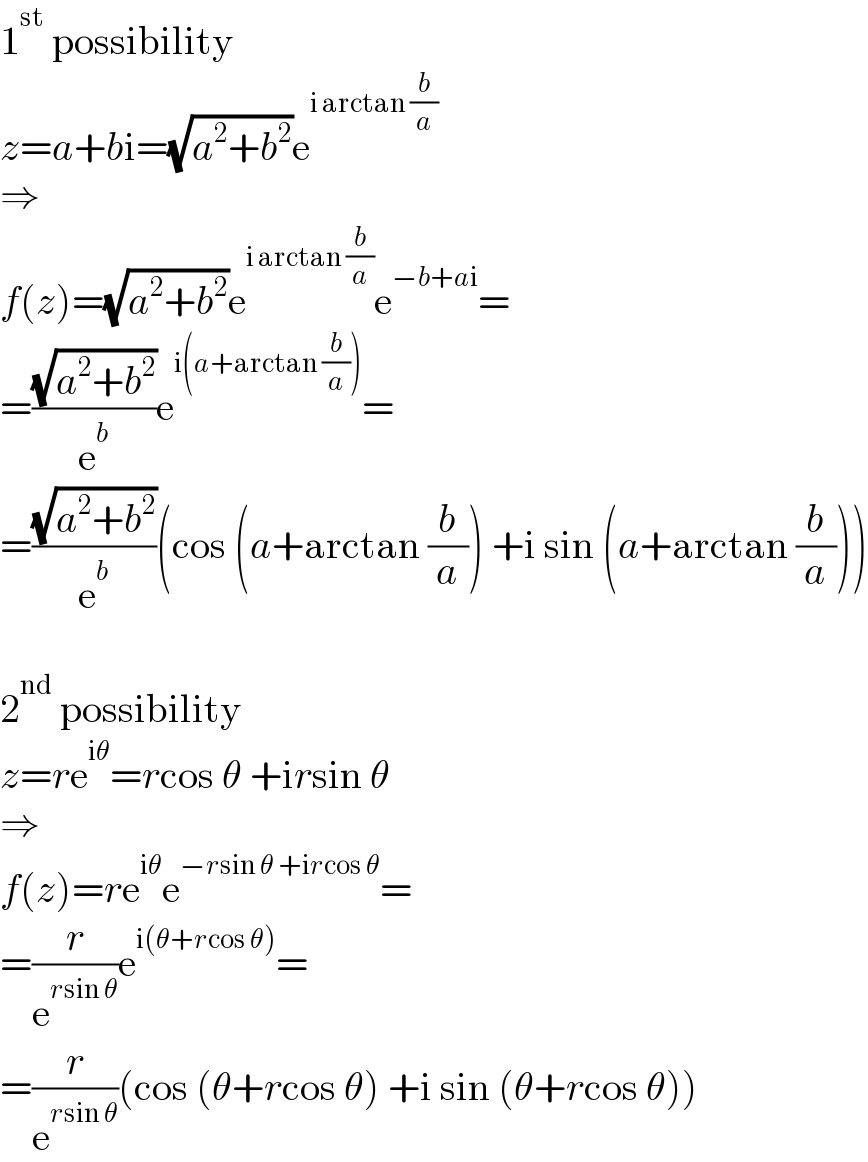
Question and Answers Forum
Question Number 184731 by Mastermind last updated on 11/Jan/23

Answered by MJS_new last updated on 11/Jan/23

Commented by Mastermind last updated on 11/Jan/23

Commented by MJS_new last updated on 11/Jan/23

Commented by MJS_new last updated on 19/Jan/23

Commented by Mastermind last updated on 19/Jan/23

